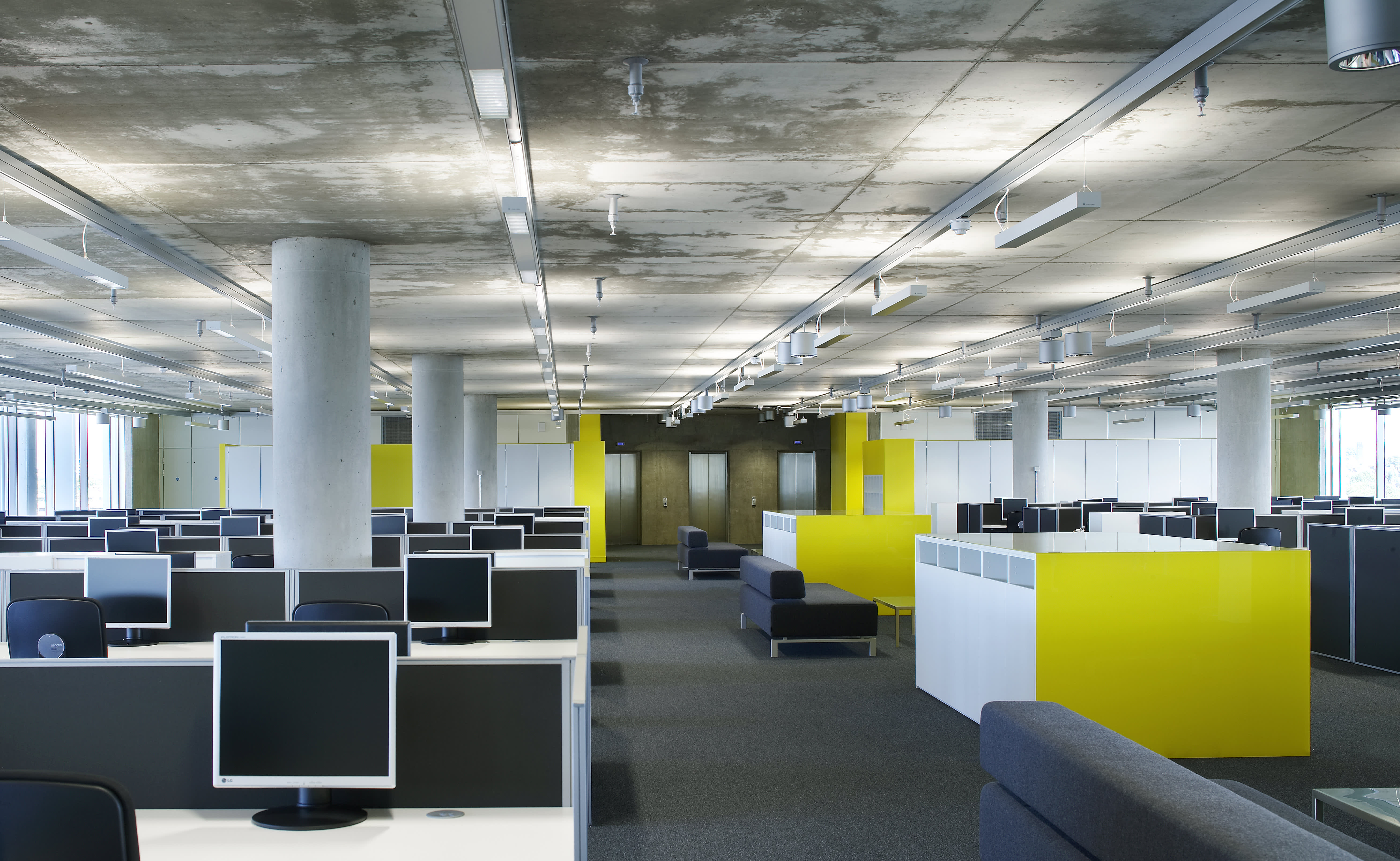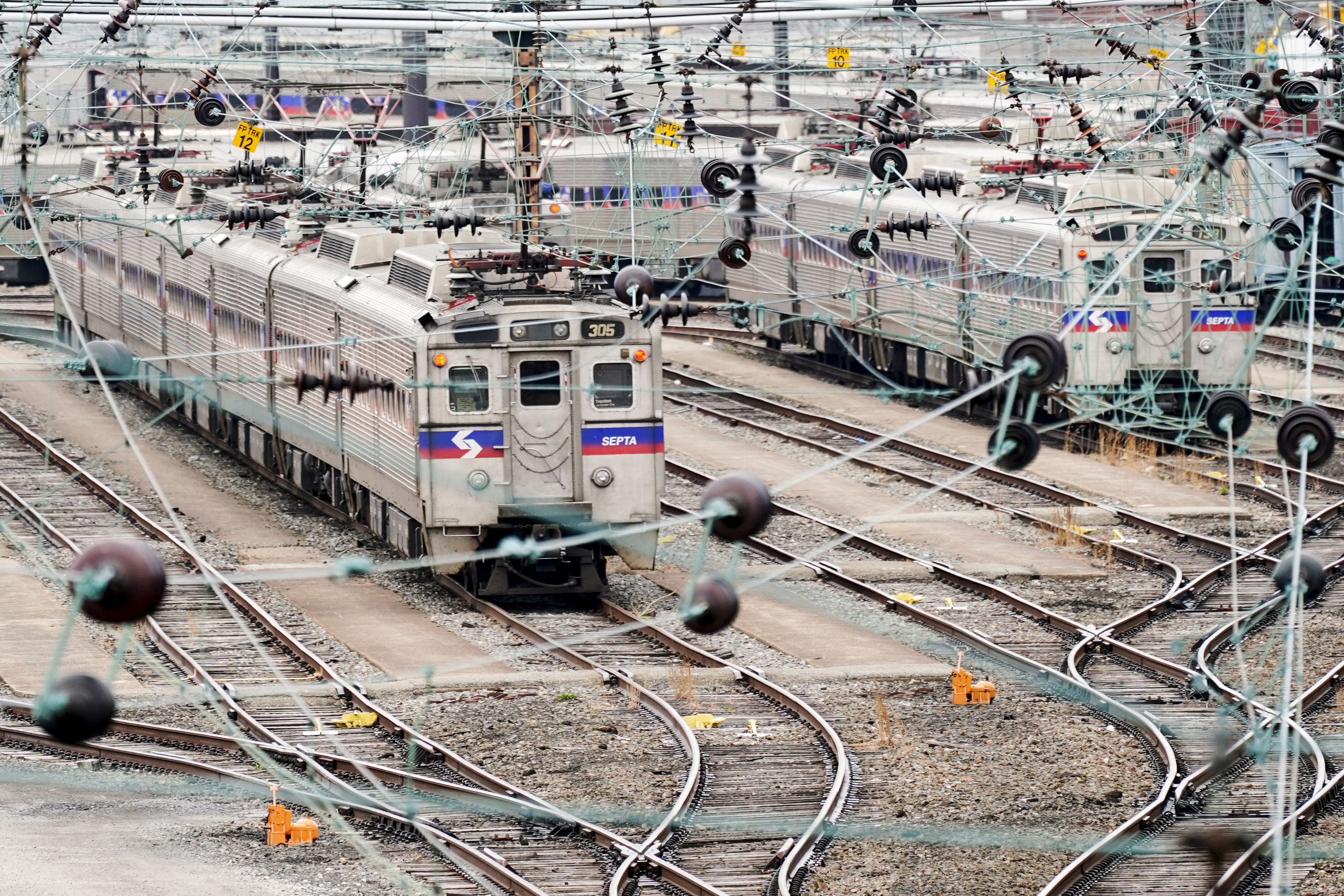The pandemic year of 2020 will live long in our memories for many reasons, most of them somber, most of them bad.
But are there some changes to our culture and society worth holding on to?
Here are five things we embraced during the coronavirus that changed the way we live, arguably for the better.
1. To-Go Cocktails
Get Philly local news, weather forecasts, sports and entertainment stories to your inbox. Sign up for NBC Philadelphia newsletters.
Lawmakers in places like Pennsylvania have not prioritized one of the best side effects of 2020: the Republican-controlled Legislature stripped away the emergency declaration allowing to-go cocktails and then deadlocked on legislation that would have made them permanent.
2. Non-Smoking Atlantic City Casinos
The stale smell of cigarettes. Free watered-down rum-and-cokes. Doubling down on a "hard 10" in blackjack. Oh, the sights and sounds of Atlantic City casino floors. That is, until the pandemic forced casino owners to ban smoking indoors for the first time.
The indoor smoking ban didn't last forever, as an order signed by Gov. Phil Murphy ending the state's public emergency in June included a sunset clause on the ban. Smokers could begin lighting up again on July 4.
There are calls for a permanent smoking ban in Atlantic City casinos, but such a measure is not yet on the table in the Democrat-controlled state legislature.
3. Outdoor Dining
From a big city like Philadelphia to surrounding boroughs like Media, West Chester, Ambler and Doylestown, downtown streets and local business corridors began full of life like never before as restaurants and bars moved their operations outdoors.
The streetside structures that were rose to house tables and chairs for outdoor dining saved thousands of eateries and pubs. Did a new tradition for eating and drinking in nice weather (or in colder weather thanks to heat lamps?) emerge over the past 15 months?
Lawmakers in Philadelphia, at least, are going to debate the merits of allowing the outdoor dining to continue beyond the pandemic. For the time being, however, there are roadblocks to navigate due to a reversion to state laws that predate the pandemic.
4. Long Commutes and Traffic Jams
Car use fell dramatically in 2020 thanks to the work-from-home life many embraced, and fewer places we were allowed to go. There were no Saturday nights at the movies or trips to the mall.
It was a good thing for the environment (slightly), but could rush hours and traffic jams return with a return to the office? The Delaware River Joint Toll Bridge Commission is betting on it. Some of the gains for pedestrians and bicyclists are also being reclaimed by cars.
5. Timed Queues for Museums and Gardens
Escaping to Longwood Gardens in 2020 for a walk in one of our great parks was even better with smaller crowd sizes regulated by timed admission tickets. The same thing happened at museums across the region.
The online queue remains at most of the same highly-visited institutions despite easing of government-mandated restrictions on mask-wearing and social distancing indoors.



